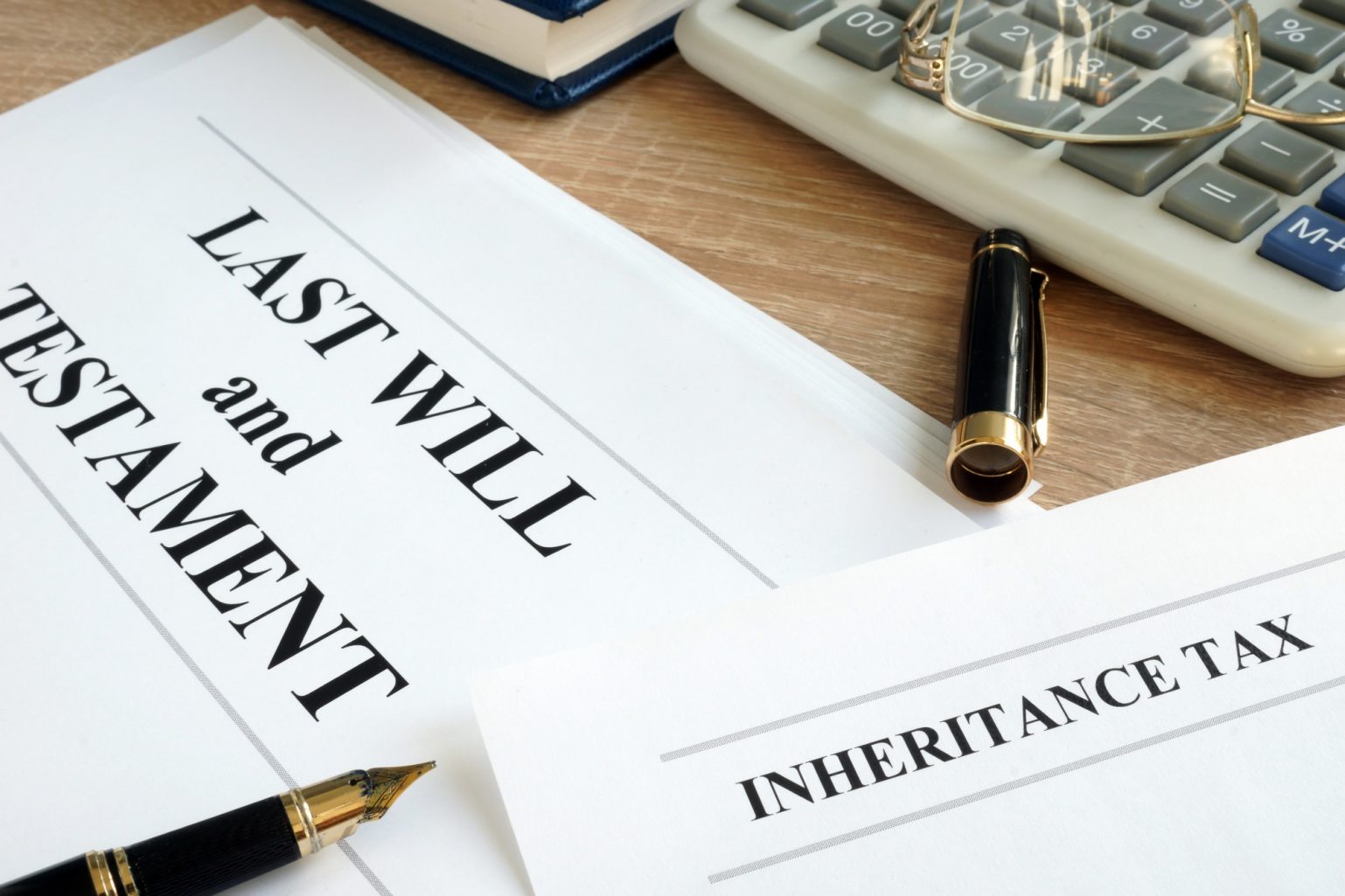10 Steps to a Knockout Estate Plan
Nobody likes thinking about what will happen after they’re gone. Estate planning is essential, though, especially if you want to make sure your loved ones are adequately cared for after you’ve passed away.
Even though most people agree that estate planning is important, only about 40 percent of adults in the U.S. have some kind of will or living trust in place.
Are you part of this group? If not, what’s holding you back?
If you have no idea where to begin, why not start with some estate planning basics.
Read on to learn 10 estate planning tips that will help you create the perfect estate plan for yourself and your loved ones.
1. Start with a Will
If you haven’t done any kind of estate planning yet, a will is a great place to start.
As soon as you can, make arrangements to sit down with an estate planning attorney and work with them to put together a last will and testament.
If you die without a will, the state will distribute your assets according to their inheritance laws. This is known as dying intestate.
If you want to avoid this and have control over the distribution of your assets (as most people do), you need to write out exactly how you want your beneficiaries to receive them.
2. Provide for Minor Children
The next step is to ensure you provide for your minor children. Use your will to appoint a guardian for them if you and their other parent both pass away.
Remember that your minor children will also need someone appointed who can handle their inherited property or assets.
Appoint someone you trust to handle all their financial affairs and make sure their money is taken care of. It could be the same person appointed as their guardian or someone else entirely.
3. Create a Living Will
A living will is a document that provides information about the care you want to receive in the event that you become incapacitated and cannot communicate.
This document (sometimes referred to as an advanced directive) includes instructions on whether you want doctors to use life-sustaining measures like breathing tubes and feeding tubes.
4. Create a Power of Attorney
A power of attorney (POA) gives someone the authority to make decisions for you if you’re unable.
Some people give a power of attorney for their health care and another to handle their financial matters. Others use the same person to handle everything.
5. Consider a Living Trust
If you want your assets to avoid going through probate, a living trust might be a good option to consider.
Through a living trust, your assets go into a trust during your lifetime. At the time of your death, these assets are transferred to beneficiaries that you designate by a representative you choose, known as a successor trustee.
A living trust can help your loved ones save time and money and receive what’s been left for them sooner.
6. Purchase Life Insurance
If you don’t already have life insurance, now is a good time to purchase it. This is especially important if you have minor children and/or own your home.
Life insurance can also be helpful if you anticipate having to pay a lot of debt or estate taxes. It will ensure that your beneficiaries can still receive what’s theirs without having to use a portion of their inheritance to pay off any debts you leave behind.
7. Name a Beneficiary on Your Bank Accounts
When you’re making plans for the future, it’s a good idea to name a beneficiary on your bank and retirement accounts.
If you do this, your bank can transfer those funds to the beneficiary automatically after your death. They won’t have to go through probate, which helps to save your beneficiaries time and money.
8. Handle Estate Tax Obligations
The majority of estates will not owe any kind of federal estate tax. If your estate is worth more than $11,180,000, though, it will be subject to these taxes.
Make sure your bases are covered if your estate is worth an amount close to this number (or if you suspect it will be at the time of your death).
Learn about any state taxes that you might have to pay as well (these can differ from the federal regulations.
9. Gather Paperwork and Other Important Information
Make sure you have all the paperwork associated with your estate stored in one place. Keep it in a folder or binder, then store then binder in a locked safe or another safe place.
Let the executor of your estate, as well as your power of attorney, know where they can find these documents.
Remember to store your digital information in this folder or binder as well. Write down passwords to all your online accounts so that your descendants can access them and handle them according to your instructions.
10. Leave a Personal Letter
You may also want to write a more personal letter to your loved ones before you go. Often, people want to leave behind messages that don’t necessarily belong in a will or other legal document.
Leave behind a letter that details the type of funeral arrangements you’d like or to list sentimental items that you want to leave to certain family members or loved ones.
Give this letter to someone you trust, such as a relative, a friend, or your attorney, so they can pass it along to your loved ones when the time comes.
Move Beyond Estate Planning Basics
These 10 estate planning tips ought to be sufficient when it comes to setting up an estate plan that works for you and your loved ones.
What if you need to move beyond estate planning basics, though?
If you need additional help setting up your estate or handling other matters related to your will, we can help.
Contact us today at DeBruin Law Firm to learn more about our services or to schedule an appointment for a consultation.
We’ll get back to you within one business day so you can start planning for the future as soon as possible.







Leave a Reply
Want to join the discussion?Feel free to contribute!